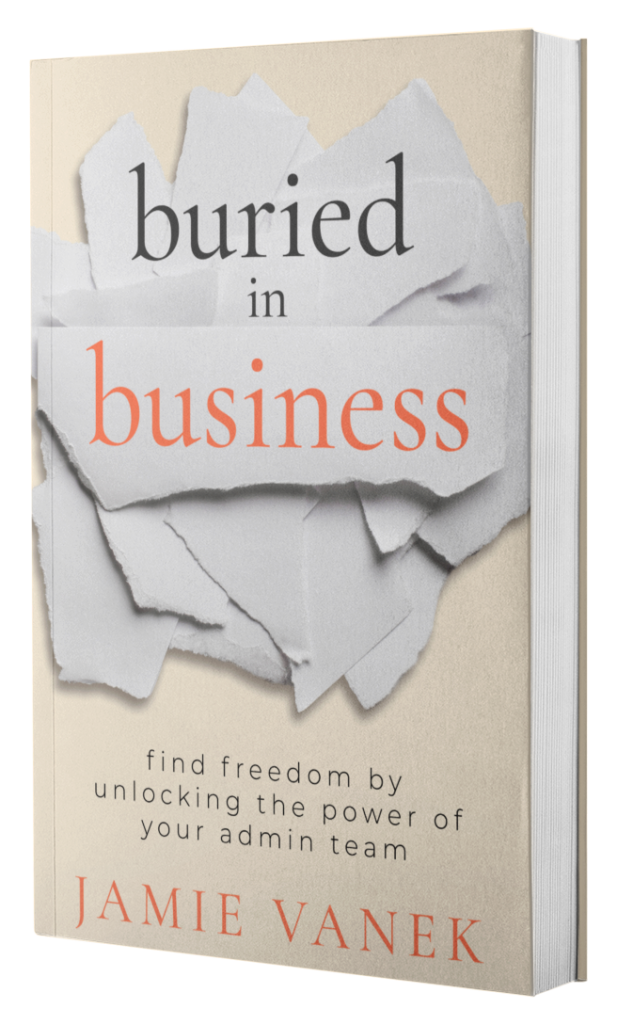The Laws of Communication
I am in the process of reading John Maxwell’s The 16 Undeniable Laws of Communication. The 16 Undeniable Laws of Communication: Apply Them and Make the Most of Your Message: Maxwell, John C. Amazon.com: Books
Every page includes major lessons in communication and plenty of examples of using these laws well, and cautionary tales of when things go awry. This book is chalk-full of knowledge, nuggets, and undeniable truths. I highly recommend it to anyone who needs to communicate with any group of people. This got me thinking about many lessons I’ve learned about communication over the years and my first experiences speaking in front of a group: I was a teacher.
The Thing They Didn’t Mean to Teach Us
You learn a lot of different things in college, and eventually you choose a major and focus on one line of work. Even within a major, the big ideas are still surrounded with a million small lessons. Sometimes the small lessons are the ones that stick.
I was a fine arts major with a minor in education. I was preparing to enter the field of art education (aka, your local quirky elementary school art teacher).
There is one small lesson I learned that I still use on a daily basis outside of teaching. In fact, I might be using it right now. And so can you.
I can’t remember the teacher’s name and I can’t remember the class in which it was said. But here is the summary:
When sending any communication to parents, no matter what age level, write to them on a 4th grade level. It doesn’t matter if it’s in reference to an AP English class or Kindergarten.
This lesson wasn’t intended to insult the parents or the teachers. And it wasn’t just because the U.S. is a melting pot of languages or varying levels of education. The reason they advised us to write on a 4th grade level is because it makes the information easily digestible. Our job wasn’t to teach the parents. Our job was to teach the kids and inform the parents.
Do You Think I’m Smart?
Shift F7 used to be my best friend. When I wanted to sound smart, I would use MS Word’s internal thesaurus by typing a not-so-smart word and pressing Shift F7. And like magic, MS Office would provide a list of words to choose from. This was well before ChatGPT was conceived. And also, try Shift F7, it’s a game changer.
When I write, I want people to think I’m smart. (Do you think I’m smart? Gee, I hope so. Maybe I should use bigger words.) The problem is, when we’re focussed on convincing people that we’re smart instead of how they prefer to digest the content, our message falls flat.
When speaking or writing to a general audience, even an audience that you want to impress, it’s important to deliver it in an accessible way. Shoot…not accessible…I should say “easy”. As you can see, I’m still struggling with this myself.
Step 1 Step 2
- Step 1: If you have an email to send or presentation to prepare, try boiling it down to only the easiest and most direct language. Get rid of any word that is unnecessary, convoluted, confusing, or subjective. Remove filler and flowery words.
- Step 2: Now that you’ve boiled it down to the essentials, add any formatting or emphasis needed so you don’t sound like a total jerk.
Example 1st attempt:
I hope this email finds you well. I’m writing to inform you that your report for quarter 3 was due yesterday. I understand you are immersed in a multitude of projects and this may have been placed on the back-burner. However, it’s imperative that I receive this report in order to prepare for the shareholder meeting. Please let me know the status of the report as soon as you’re able.
Example Step 1:
Q3 report is late. Email it by 4:00 today.
Example Step 2:
Hi! Quarter 3 Report was due yesterday by 5:00. Please email it by 4:00 today. If you are not able to complete the report today or need help, let me know by 2:00.
This is a simple example to a direct person. You can apply this 2-step process to any form of communication that needs to appeal to a broad audience. Simple language gets to the point quickly so the message isn’t lost in the sauce, as my husband would say. But if you’re a people pleaser AND a transactional communicator like me, you’ll appreciate a few small pleasantries surrounding the request.
Give it a try with your next email or presentation.
Need more help with your support team? Reach out at contact@jamievanek.com.








